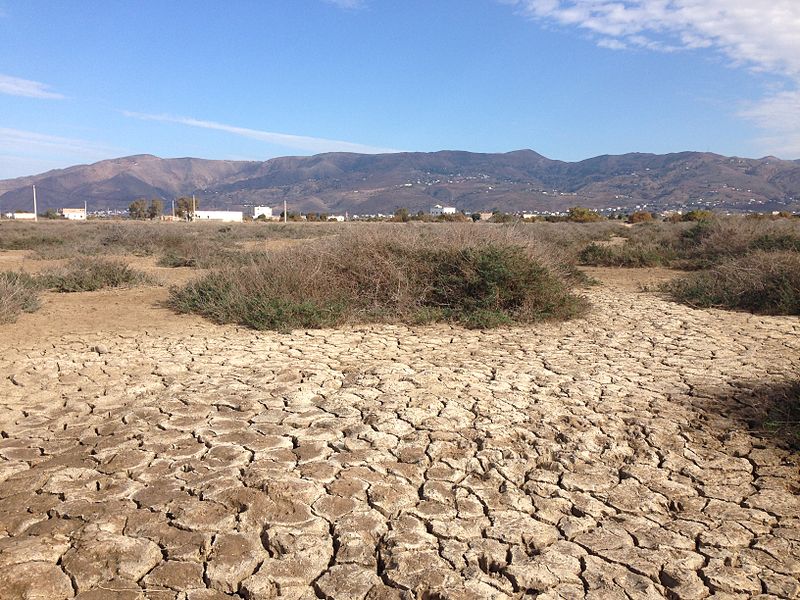
On May 11, 2023, the Spanish cabinet approved emergency measures worth over €2 billion to address the severe drought that has hit the country's vital agricultural
sector. Spain's water reserves are currently below 50% of capacity, and two regions, Andalusia and Catalonia, have been particularly hard hit with water levels falling to about 25% of their capacity. To address this situation, the government plans to allocate €1.4 billion to build new infrastructure, including desalination plants, to increase the availability of water. The remaining €784 million will be used to help farmers and ranchers cope with the impact of the drought on crops and livestock feed.
Spain's Minister for Ecological Transition, Teresa Ribera, emphasized the urgency of the situation, stating that the country needs to prepare for increasingly frequent and intense droughts due to climate change. The drought has affected 60% of Spain's countryside, with the lack of rainfall being catastrophic for the agriculture sector. The country is the world's largest exporter of olive oil and the EU's largest producer of fruit and vegetables. Spain's olive oil production for the 2022-2023 season decreased by 55% to 660,000 tonnes, compared to 1.48 million tonnes the previous year due to the lack of rain and extreme heat.
Spain's socialist Prime Minister, Pedro Sanchez, has called on Brussels to activate the EU's agriculture crisis reserve to support farmers during this exceptional drought. This announcement of the aid package comes ahead of regional and local elections on May 28 and what is expected to be a tightly contested national election at the end of the year. The lack of rainfall is expected to continue in the coming weeks, further exacerbating the already dire situation. Last year, Spain experienced its hottest year on record, with UN estimates indicating that nearly 75% of the country's land is at risk of desertification due to climate change. Photo by Pierre Banoori, Wikimedia commons.








































